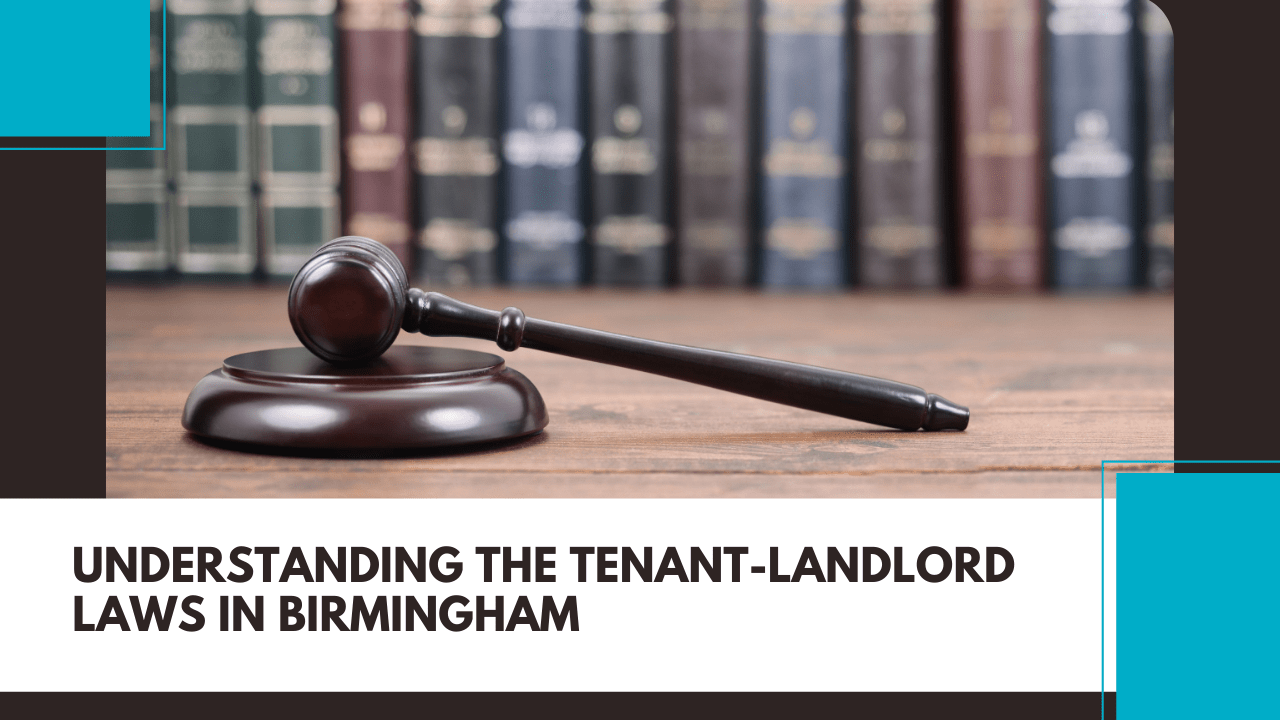
Landlord and tenant laws can be a complex web of requirements and regulations for Birmingham landlords. There are local, state, and federal laws that pertain to rental housing, and it’s easy to make a legal mistake, especially if you don’t know what those laws are.
We stay up to date on all the laws and how they impact your property. Make sure you’re either studying the laws and staying current or working with a Birmingham property management company that can keep you and your property compliant and out of trouble.
These are some of the most important laws to know.
Federal Fair Housing Laws
The most important laws that any rental property owner must follow are the fair housing laws. The federal Fair Housing Act prohibits any type of discrimination against tenants and applicants based on color, physical or mental disability, national origin, race, religion, sex, and familial status.
While this might seem easy, you can unintentionally discriminate against people by choosing the wrong words in your marketing materials or holding one applicant to higher standards than another. Make sure everything in your marketing, screening, and leasing process is consistent and well-documented.
The Americans with Disabilities Act is also an important law to know. The law requires you to make reasonable accommodations for tenants who have disabilities, and today it’s most commonly applied to service animals and companion animals. You have to know the difference between a pet and a service animal. You have to know the difference between a service animal and an emotional support animal. If you don’t, there could be legal consequences and huge financial penalties.
Alabama Security Deposit Laws
Security deposit laws vary from state to state. In Alabama, there are specific rules on how much you can collect and how the process of returning a deposit must go.
When you’re collecting a security deposit from a tenant, you cannot collect any more than the equivalent of one month’s rent. When you’re returning the deposit at the end of a lease term, you have to make sure it goes back to the tenant within 35 days of the tenant moving out. It’s also important to remember that you can deduct for tenant damage, but not for general wear and tear. That’s going to be your responsibility as the property owner.
Raising Rent and Evicting for Nonpayment of Rent
 Unless your lease agreement says otherwise, you’ll have to provide your tenants with at least 30 days of notice before you raise their rent. If a tenant has stopped paying rent, you’ll need to send a written notice and wait seven business days before you can file for eviction.
Unless your lease agreement says otherwise, you’ll have to provide your tenants with at least 30 days of notice before you raise their rent. If a tenant has stopped paying rent, you’ll need to send a written notice and wait seven business days before you can file for eviction.
One unusual law that protects landlords from missing rent is that in Alabama, tenants are not permitted to withhold rental payments if a landlord is slow to make a repair.
These are just a few of the most important laws that you need to know before you even think about renting out a home. For the best possible legal protection, talk to a Birmingham property management company. We’d be happy to answer any additional questions you may have. Contact us at Decas Group.
